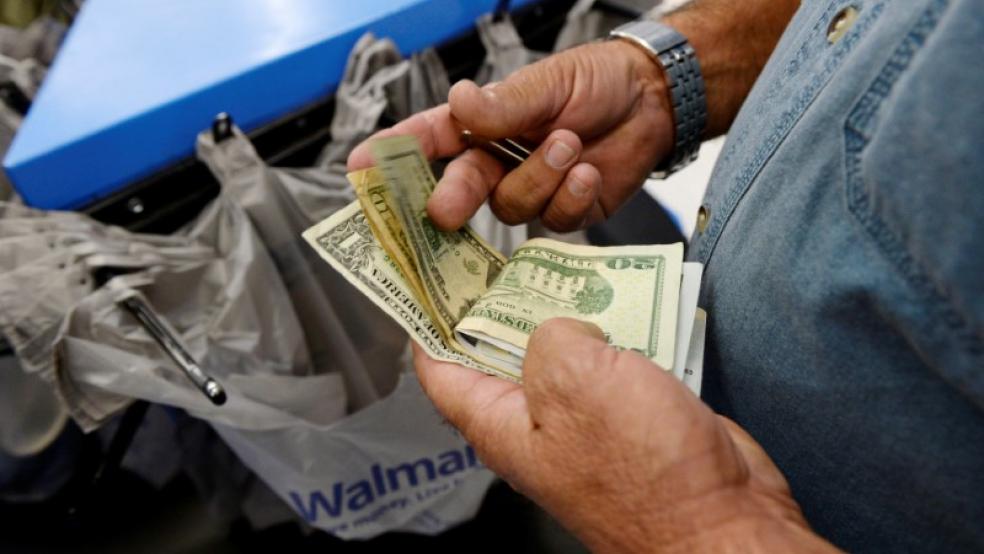Consumer prices rose again in August, dashing hopes that the Federal Reserve’s monetary tightening campaign is helping bring inflation down on a smooth and steady path.
Despite a significant decrease in fuel prices during the month, the consumer price index rose 0.1% from July to August, counter to expectations of a 0.1% decrease. Core CPI, which ignores volatile fuel and food prices, recorded a worrisome 0.6% increase — twice analysts’ expectations — indicating that price increases continue to occur in a variety of economic sectors, including shelter, new cars and medical services.
The 12-month inflation rate was 8.3% — down from the 8.5% annual rate recorded in July, but only slightly, and a smaller decrease than many economists had expected to see.
“There's no sugar-coating it: August's inflation numbers were terrible news for everyone rooting for the economy to come in for a soft landing,” Axios’s Neil Irwin and Courtenay Brown wrote.
Former Treasury Secretary Larry Summers said that the latest CPI report “confirms that the US has a serious inflation problem. Core inflation is higher this month than for the quarter, higher this quarter than last quarter, higher this half of the year than the previous one, and higher last year than the previous one.”
Say goodbye to the pivot: The reaction on Wall Street, where the S&P 500 fell more than 4%, underlined just how distressing the inflation numbers were, as investors gave up their expectations that the Federal Reserve would soon “pivot” and ease its tightening campaign.
“Premature calls for the Federal Reserve to pause or pivot on its campaign to tame inflation should be politely dismissed given the 0.1% increase in top-line inflation in August,” wrote Joseph Brusuelas, chief economist at the consulting firm RSM. “Even though supply chain snarls are easing, gasoline prices are falling and global aggregate demand is cooling, for the Fed to pull back on its current policy path would be a strategic error of epic proportions.”
Rubeela Farooqi of High Frequency Economics said the report virtually guarantees that the Fed will move ahead with another large interest rate hike at its next meeting. “Overall, inflation readings remain unacceptably high for policymakers,” she wrote. “Coupled with a labor market that is still strong, the data seal the deal for another aggressive, 75-basis point, rate hike next week.”
Some analysts said the Fed may move even faster. “The CPI puts a 1% hike on [the] table, and given the hawkish tone the Fed has delivered, ups the ante they will do it,” said Diane Swonk, chief economist at KPMG.
And the outsize rate hikes may continue for longer than expected. “We thought they’d be stepping it back to 50 [basis points] in November,” Jay Bryson, chief economist at Wells Fargo, told Bloomberg. “At this point, you’d say 75 is certainly on the table in November.”
Hard landing ahead? The odds of a recession are probably greater now than they were before the inflation numbers were released, since the Fed is now more likely to raise interest rates higher and keep them high for a longer period of time. “The Fed is probably going to overdo it,” Mark Cabana, head of US rates strategy at Bank of America, told Bloomberg. “We think that the Fed will try and stick to this higher-for-longer mantra. That’s probably going to result in a recession.”




